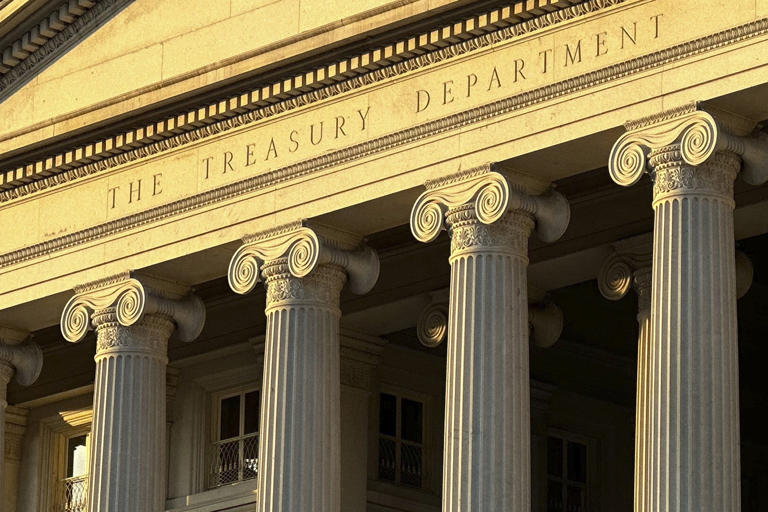The recent ruling by U.S. District Judge Liles C. Burke in Alabama dealt a significant setback to the Biden administration’s push for increased corporate transparency. Judge Burke’s decision, handed down late Friday, struck down a key provision of the Corporate Transparency Act, a crucial anti-money laundering measure enacted as part of the National Defense Authorization Act for fiscal year 2021.
At the heart of the legal dispute is the requirement imposed by the Corporate Transparency Act for small business owners to report details about themselves and other individuals who benefit from the business. The National Small Business Association, representing millions of small businesses, filed a lawsuit in November 2022 challenging this requirement. They argued that the reporting rule imposed undue burdens on small firms, violated privacy and free speech protections, and encroached upon states’ rights to regulate businesses.
Judge Burke’s ruling declared the Corporate Transparency Act unconstitutional, asserting that Congress overstepped its authority in passing the law, and consequently, the rulemaking associated with it is unlawful. This decision raises significant questions about the balance between privacy rights and governmental efforts to combat financial crime, particularly in the context of addressing the use of anonymous shell companies for illicit purposes.
The legal challenge underscores the complexity of the issue and the competing interests at stake. On one hand, there is a pressing need to prevent criminal abuse facilitated by anonymous shell companies, especially in the context of international sanctions targeting individuals and entities associated with illicit activities. On the other hand, there are legitimate concerns about the potential impact of such reporting requirements on small businesses, including issues related to privacy, administrative burdens, and the scope of government regulation.
This ruling comes at a critical juncture as the U.S. and its allies ramp up efforts to hold accountable individuals and entities engaged in illicit financial activities, particularly in the wake of Russia’s invasion of Ukraine. The decision is likely to have significant implications for ongoing efforts to enhance corporate transparency and combat financial crime, shaping the trajectory of future legislative and regulatory initiatives in this area.
Judge Burke’s characterization of the Corporate Transparency Act as “congressional overreach” reflects a broader debate over the limits of federal authority and the separation of powers between the legislative and judicial branches of government. His assertion that the law exceeds Congress’ enumerated powers suggests a fundamental disagreement with the rationale behind the legislation and its constitutional basis.
The Treasury Department, tasked with implementing the Corporate Transparency Act, expressed disappointment with the court’s decision but stated its intention to comply with the injunction. Emphasizing the bipartisan support for the legislation and its intended purpose of combating financial crime, a Treasury spokesperson underscored the importance of addressing illicit shell companies to safeguard the integrity of the financial system.
Ian Gary, representing the FACT Coalition, condemned the ruling, characterizing it as detrimental to law enforcement efforts and a boon for criminal enterprises. By allowing anonymous shell companies to operate with impunity, Gary argued, the decision undermines the rule of law and facilitates illicit activities such as money laundering and drug trafficking. His remarks highlight the stakes involved in the debate over corporate transparency and the potential consequences of weakening regulatory measures aimed at combating financial crime.
